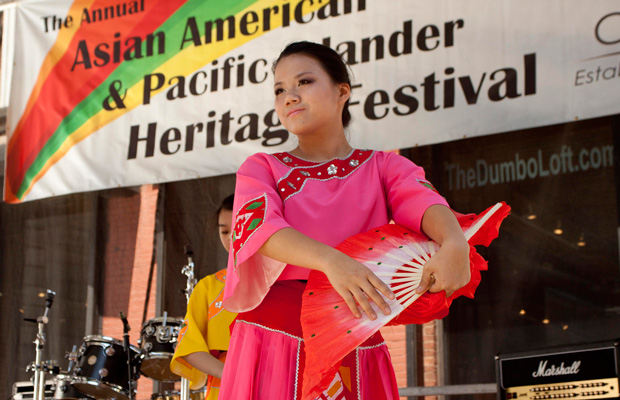
Education and Demographic Differences within the Asian & Pacific Islander Community: New Reports
In April, the Center for American Progress and AAPI Data (a project from University of California, Riverside) started to launch a series of reports on how to address the varying needs and disparities within the U.S. Asian & Pacific Islander (API) community. This is one of the most recent efforts on a national scale that focuses changing demographics, perspectives on public policy, differences in educational attainment, and immigration status.
Thus, it is important for data to be disaggregated for this community due to the diverse needs and beliefs among each sub-ethnic group. Highlights from these reports include:
- The top six sub-ethnic groups (Chinese, Filipino, Indian, Vietnamese, Korean, Japanese) make up 85% of the API community.
- This community has a wide range of religious affiliations (42% Christian, 14% Buddhist, 10% Hindu, 4% Muslim, 1% Sikh, 1% other).
- Fifty-five percent favor active government that offers a wide range of services (compared to 39% US Average).
- Sixty-nine percent consider themselves as environmentalists (compared to 39% US Average).
- In California, Southeast Asians and Pacific Islanders are underrepresented in the college application process. In comparison, Chinese and Indians have higher rates of educational attainment.
- Though naturalization has been the highest for this community in the past decade, the undocumented proportion is increasing rapidly.
As more reports are released, policymakers and other stakeholders can use this data to inform policy and program development and address the need for this growing and diversified population.
Joanne Chan, Joint Center Graduate Scholar, Harvard School of Public Health

